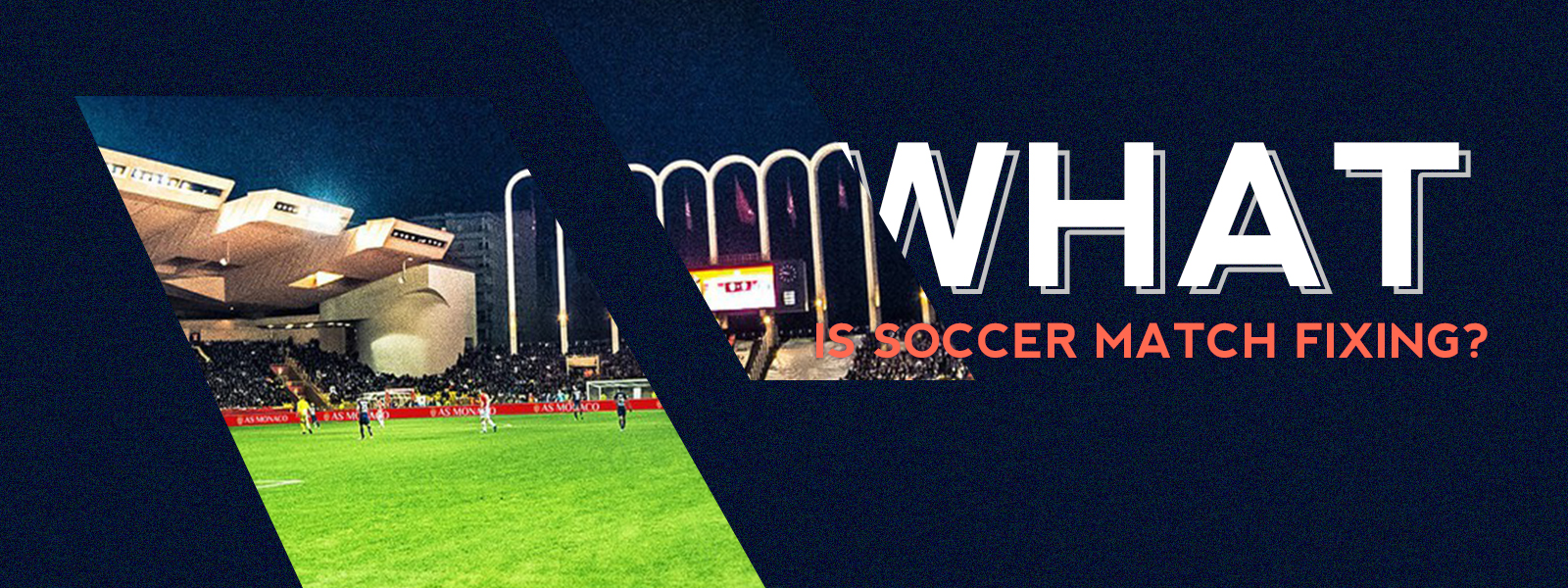
What Is Match Fixing?
Match fixing has, in the past, been called a “crisis” and a “pandemic,” very fitting words to describe such events. It is a phenomenon that occurs in every single professional sport, and association football or soccer is no exception. According to a report by The Guardian, hundreds of games are fixed each season, including top-flight international tournaments. Although these figures may be old, it would be safe to assume that they haven’t changed much. Hundreds of games are likely being fixed each year. Much too often, we hear news stories about several high-profile individuals who were embroiled in match fixing scandals being arrested. But what is it, exactly?
What is match fixing in soccer?
Almost always motivated by betting, it is when the outcome of a particular event is pre-determined, either fully or partially. These outcomes are fixed, so that gambling syndicates can profit by knowing the likely course of action beforehand.
It comes as no surprise that match fixing is so common in soccer. Apart from being the most popular sport in the world, there is a large amount of money to be found in the industry, more than most people will ever see in their lifetime. The same can be said about the soccer betting industry. Unfortunately, money tends to bring out the worst in people, and several will be willing to disappoint millions of fans, as well as compromise on their integrity and morals for it.
Curbing Match fixing
There have been attempts to curb match fixing. In 2013, Christ Eton, former head of security of FIFA called for a global intelligence system, a body which would be in charge of detecting and investigating suspicious activity, which would ensure that action would be taken quickly.
Lower level leagues are especially prone to match fixing, but that does not mean that it does not take place in top tier tournaments. Match fixing is especially common in international competitions such as the Champions League and World Cup qualifiers. And while match fixing is widespread in Europe, other countries aren’t exempt to this occurrence. Several other Asian countries with massive underground and unregulated gambling industries like China and India are no strangers to match fixing.
Match fixing doesn’t only impact those immediately involved. For instance, after allegations of fixing emerged in 2010 in South Africa, surrounding a couple of friendlies that took place before the World Cup that was to take place later that year, Puma, who was the official kit sponsor, pulled out and cut all ties with the country’s football association.
There have been attempts to make this better. For example, a couple of years ago, FIFA, along with Interpol announced a 10-year anti-corruption program worth £17.5 million to tackle match fixing, which was mostly used for training purposes. Despite several efforts to tackle this issue, match fixing, unfortunately, continues to plague the football industry.










